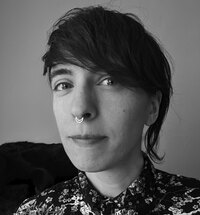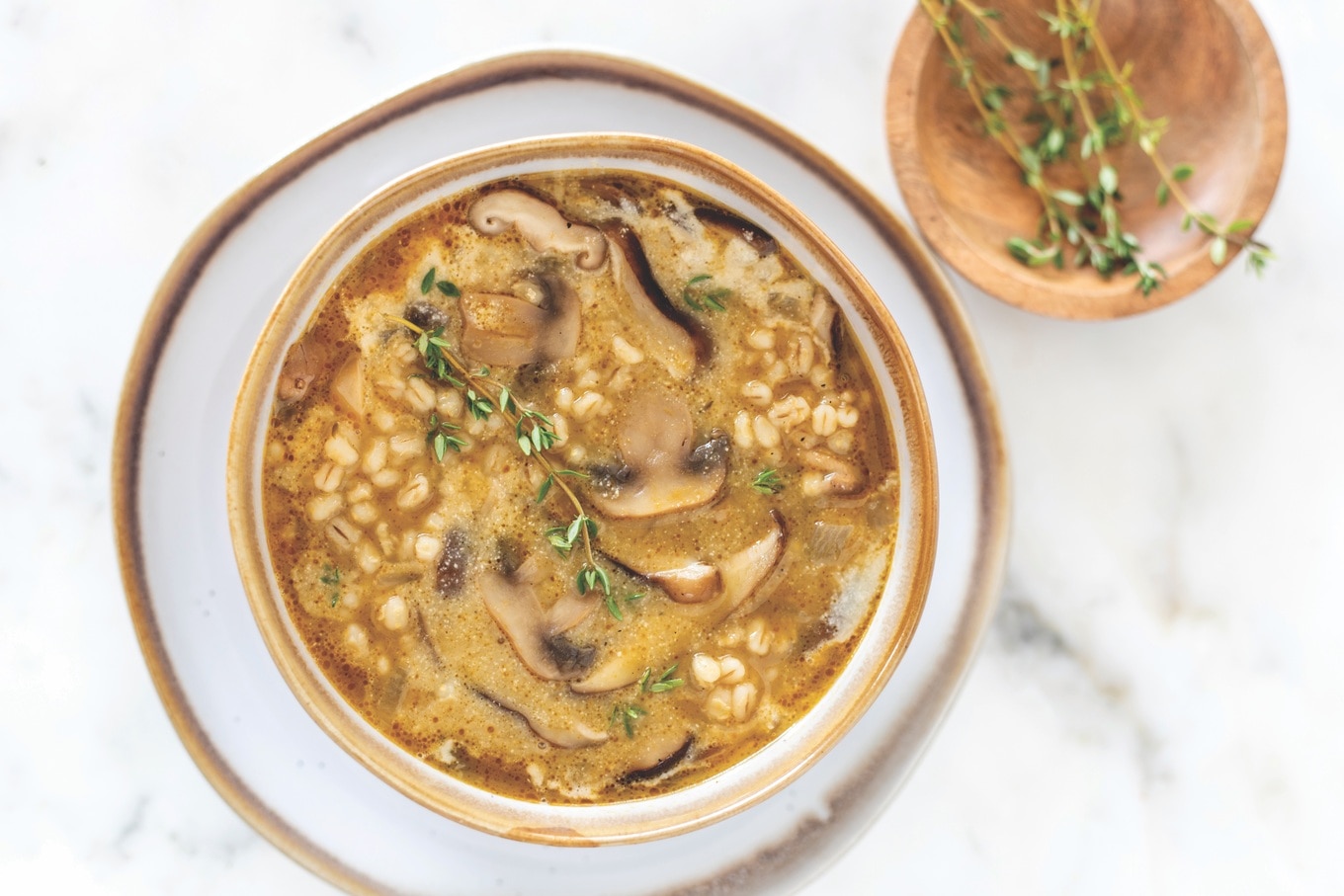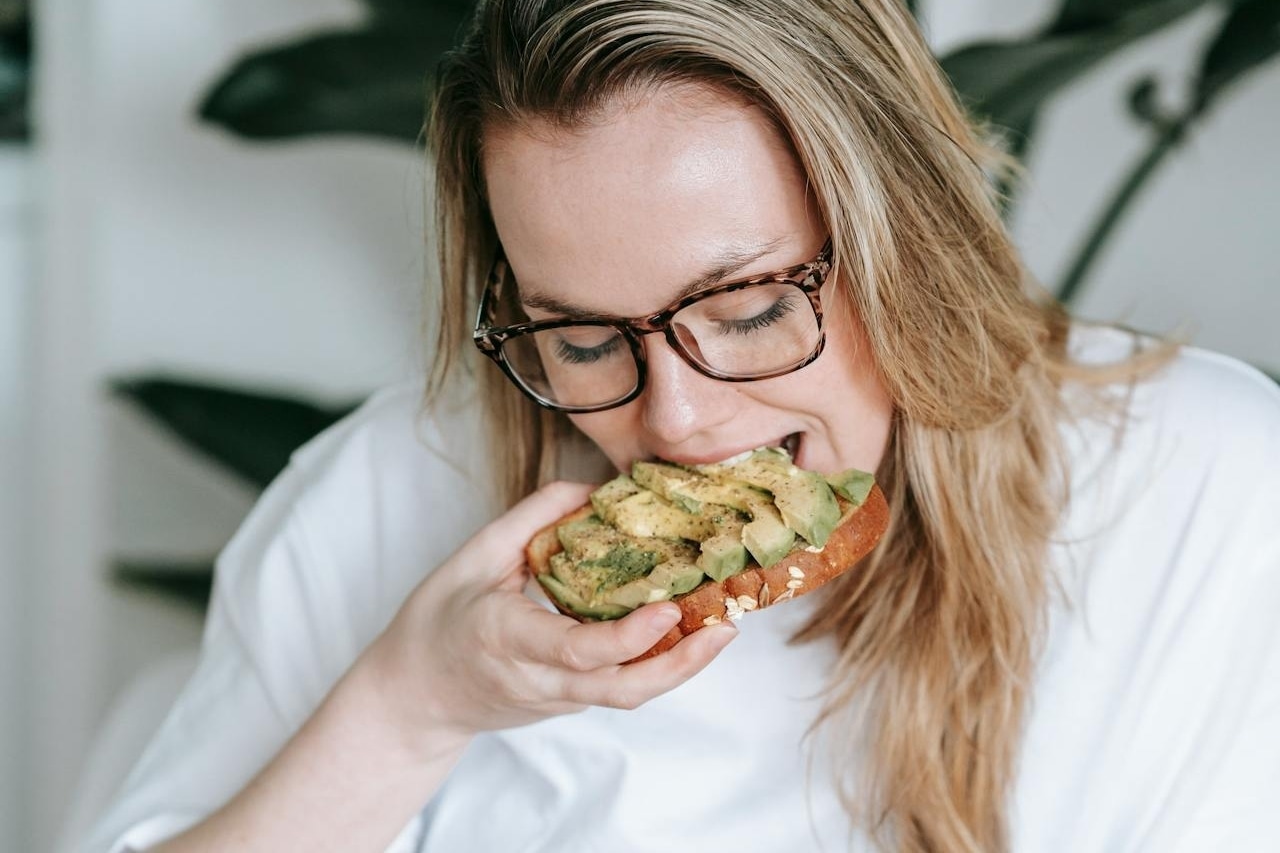If you’ve been vegan for a while, then you’re likely familiar with the joke, “The first rule of ‘vegan club’ is: tell everyone about vegan club.” This joke riffs on the famous quote from David Fincher’s 1999 film adaptation of the novel of the same name, Fight Club, while poking fun at the supposedly very-vegan trait of always bringing up their lifestyle choice. But on the streets of Los Angeles, Vegan Club is an activist art brand with an ethical message that’s become part of the very vegan city’s backdrop.
Constantin Le Fou, an Athens-born, France-raised street artist who moved to Los Angeles back in the early ’90s, is the man behind the art. But, like most, Le Fou wasn’t born vegan—for him, getting to this point took a series of revelations, sparked by a moment that happened 22 years ago.
Constantin Le Fou
Table of Contents
How his dogs made him go vegan
In the summer of 2000, Le Fou was stuck in traffic in the unforgiving summer heat.
“I was driving from Vegas with my two dogs and we were stuck in traffic because of an accident,” Le Fou tells VegNews in a video call. “It was a hot afternoon in August in the middle of Nevada, so I turned off the car and opened the windows. Within five minutes, my dogs were panting, so I turned the AC back on and gave them water.”
This moment flipped a switch in his mind. “My dogs made me vegan,” says Le Fou. “The connection formed slowly—it was a process.”
During this traffic jam, Le Fou and his dogs were stuck next to a slaughterhouse-bound truck carrying pigs. While he and his dogs were comfortable, he had a revelation: those pigs were stuck in a hot truck without air conditioning and without water. His thoughts drifted to how intelligent pigs are and how he fed his dogs pig’s ears as a treat. “I thought, ‘This doesn’t make sense.’ I decided that it wasn’t right to treat animals like that,” says Le Fou.
At first, the artist decided that he would no longer give his dogs pig-based products. But not long after that pivotal moment, Le Fou stopped eating meat. In the early days of YouTube, he began educating himself about the animal agriculture industry through documentaries like director Shaun Monson’s 2005 documentary, Earthlings. At the time, he had yet to realize that the factory-farmed animals in the movie, or the pigs in the truck on that sweltering day, represent approximately 99 percent of the animal agriculture industry, according to a 2019 analysis from the Sentience Institute, a non-profit think tank.
Le Fou went vegetarian at first, believing that the dairy industry was more ethical, because the cows have better lives than the ones raised for meat. But about 10 years later, he learned that this was not the case. Like other animals, cows must be pregnant in order to produce milk and the male calves born of the industry are typically sold off for profit to be slaughtered and processed into veal. The majority of these mother cows themselves also suffer from confinement and painful infections throughout their entire lives, per a report by the Humane Society of the United States.
This led Le Fou to cut out dairy. “I thought about how my mother nursed me, and how mother cows are forced to produce milk,” he says.
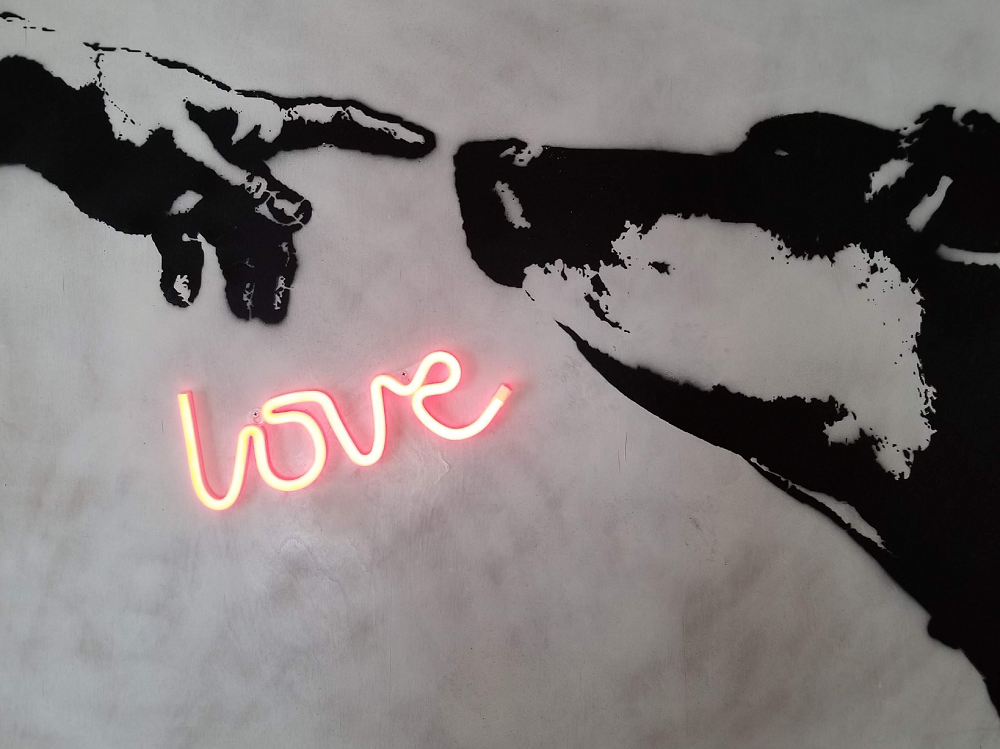 Constantin Le Fou
Constantin Le Fou
The beginnings of Vegan Club
If Vegan Club sounds like a reference to Fight Club, you would be right. While watching the movie, Le Fou’s ex commented that the film’s star, Brad Pitt, was vegan. (Pitt has never confirmed that, but he has spoken out in support of meat alternatives.) That got the creative machinations of Le Fou’s mind working. It was a spark that would eventually lead to the founding of the activist art brand.
While walking his dogs in the Los Angeles Art District, Le Fou was never far from street art with a political message. He saw the work of Banksy, Shepard Fairey, and Mister Uncertain—the artist who made the black-and-white image of a cow with the text: Not your mom, not your milk. “It just woke me up. It was a revelation,” says Le Fou.
Le Fou played with that awakening. “I made an image of Brad Pitt by combining things that interest me, like a puzzle,” he explains.
That imagery, a vertical black-and-white image of a celebrity with the text “Vegan Club” below it, has become a motif throughout his work, which has been repeated using the visages of Prince, Moby, Bob Marley, Joaquin Phoenix, Billie Eilish, and even Arnold Schwarzenegger. Le Fou recalls that his Prince poster caught a lot of attention, including from the likes of Moby and Toby Morse, the lead vocalist for the punk rock band H₂O.
While he began with posters, Le Fou eventually added apparel to his repertoire, once again inspired by street art. “I was walking through the Arts District one day and I saw a guy spray painting art on a T-shirt. I tried it at home and it smelled like death,” he says with a laugh. “But then I asked him how he does it and he showed me. I wore it out, watched people’s responses, and thought, ‘I’m onto something.’”
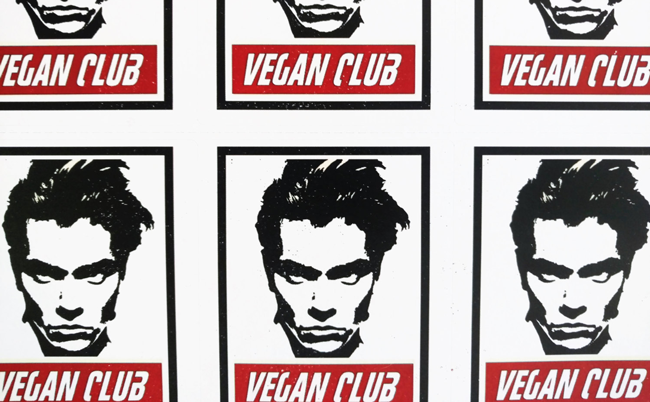 Vegan Club
Vegan Club
Pop Art inspirations
Images of celebrities are a pillar of Le Fou’s work. But, the artist himself isn’t one to keep up with the lives of the stars.
“I’m not normally a celebrity-oriented person, but using their image is an easy way to connect [with people],” says Le Fou, who also incorporates aspects of commercial art, like a Marlboro cigarette carton, into his work. “It’s Pop Art. I started with Brad Pitt, but then Joaquin Phoenix became my James Dean.”
Pop Art is one of the most well-known movements in the art world. Emerging in the mid-20th century, it stood in opposition to fine art, drawing inspiration from mass-produced commercial art, the mundane, and popular culture. Le Fou tilted his camera to show a painting on his wall: a row of repeating soup cans, à la Andy Warhol’s iconic Campbell’s Soup Cans, with the brand name replaced by the words “Vegan Club.”
Repetition is central to the work of many Pop Art artists, like Warhol, Roy Lichtenstein, and Keith Haring, the former being an artist that Le Fou regularly draws inspiration from and references in his work.
“If we see actors, a familiar face—people like that. It makes them want to look more into the art,” he says.
Never one to confront people about their dietary choices, street art would become Le Fou’s method of making a difference.
“It’s part of life, thinking about how we can explore and help because it’s hard,” he says.
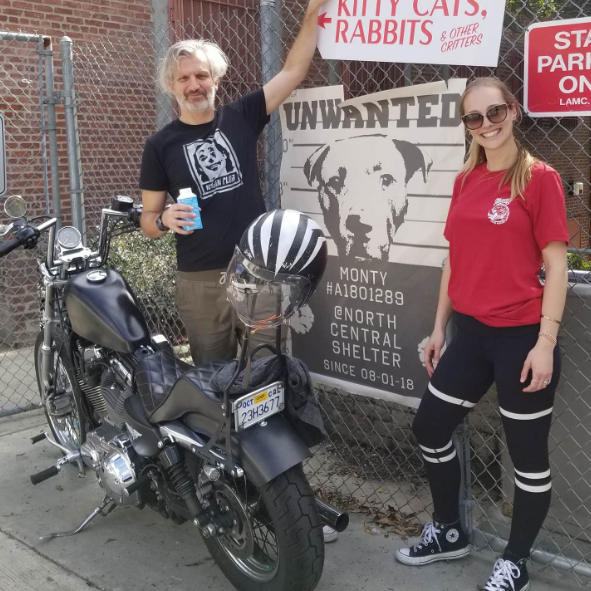 Constantin Le Fou
Constantin Le Fou
The artist beyond the canvas and fabric
Art is undoubtedly Le Fou’s way of planting an idea in people’s heads about the way that society as a whole treats animals.
But in his everyday life, he’s not the stereotypical image of an angry, extreme vegan activist. “It’s hard for me to push people to understand,” he says. Still, he finds subtle ways to get others to think about their individual choices.
“When I go out with people and they eat meat, I struggle with that. It can be easy to avoid going out,” Le Fou says, recalling an instance when he and a friend went to a vegan-friendly pizza place. “I said to him, let’s go to a place with good vegan pizza. If you want regular pizza, you pay for both of us. If we both get vegan pizza, I’ll pay.” More often than not, the person agrees to a free vegan meal.
“You just have to add humor to the challenge in a way that benefits them,” says Le Fou, a philosophy that’s not unlike his artistic expressions.
Learn more about Vegan Club by visiting the website.

